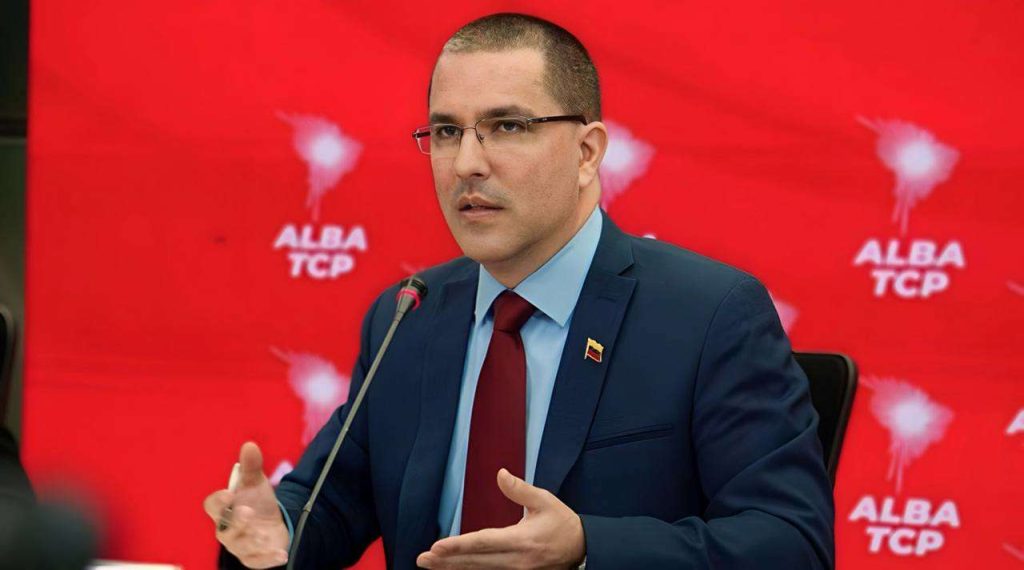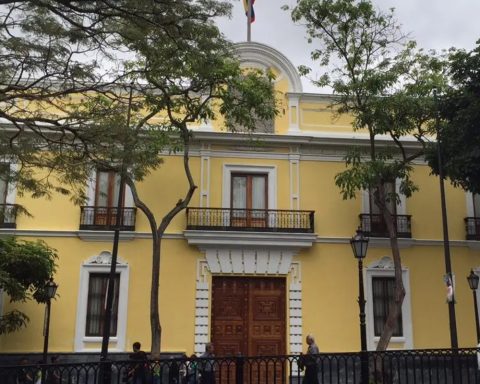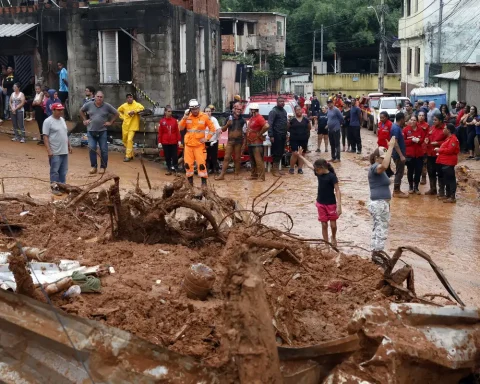In the volatile environment we live, we increasingly require as people and organizations foster permanent change. We are in an ecosystem that has been called volatile, uncertain, changing and ambiguous (Vuca for its acronym in English) with respect to which we must react properly, but at the same time mesurated. More recently, the most radical concept of Bani(also for its acronym in English) which means fragile, anxious, non -linear and incomprehensible.
But, in short, the vast majority of those who write on this subject coincide in two premises: The need for constant changeon the one hand, and Resilience – In most cases misunderstood – on the other. In another contribution to this medium we talked about the need of the companies of Navigate in “Beta” modechanging and surviving each onslaught with growth.
Under the premise that change is constant and inevitable, we see Obsessive organizations for changing for the purpose of reacting to variable reality. These changes that tend to be oriented to solve a social or market problems quickly, but at the same time volatile. However, the absence of structural changes or systemic makes, when addressing change, the organization as a whole does not have the ability to adopt these changes. In some cases, the most viable, a conviction and commitment to change is achieved, but the rigidity of organizational structures and the adaptive limitation of support systems tend to undermine the impact of the aforementioned change.
On the other hand, the wrong, but generalized concept of resilience invites organizations to their members to a resistance, to a stoic struggle to stand firm and alive against change as if it were a passing storm. This misunderstood resilience It generates an organizational rigidity, an unconscious resistance to this environment whose transformation is inevitable.
For the purpose of being fair, the smaller companies They have been more adaptive to this changing reality because they operate under more skilled models (Nimble) that gives them a unique speed to adjust iteratively. In the largest, this change agenda is considerably slower; slowly generated by the difficulty generated by silos and organizational hierarchies, as well as the prioritization of the changes that come from everywhere and are difficult to digest in a timely manner.
That is why a new characteristic of organizations in this environment is introduced: The responsibility. This adjective, although it resembles its construction, is not related to responsibility. The responsive organization is one that has the natural ability to respond to its environment immediately by design and culture, avoiding the planning and structuring processes of that response.
Aaron Dignan compares these responsive organizations with the behavior of ants, the immune system or the development of large cities. These systems are able to react automatically to any reagent and in real time.
Faced with digitalization models, the world is full of examples. Are the usual, Blockbuster, Tower, Kodak, Xerox – companies that were not able to anticipate a changing market, and when they realized it was already too late.
But beyond those typical cases, The absence of responsibility It has affected many more. Recovery or “Catch-up”In automation and digitalization it is slow or very expensive, particularly in cultural adoption models. But what is most incomprehensible is that, knowing that the changes come, through resilience, organizations are waiting to see if it is what happens what is already going to happen.
Pandemic lessons and responsibility
Pandemia, about studied but not undervalued, served, among several things, to distinguish and understand the importance of responsibility. And in the organizations that stood out, they could be seen Six common characteristics:
- Elimination of the Silos and Transition model to collaborative schemes: Those who broke the established structures to address the crisis could achieve holistic and non -isolated solutions, naturally.
- Empowerment of the first line: Those who realized that they can give power to those who are in the field, in the line of action, generated high effectiveness in the responses to the market and the environment. Trying to control a change situation from a decision center is impossible.
- Knowledge went from being individual to collective: Organizations that learn as a whole are more successful than those that have high dependence on centers of excellence or functional experts. It allows them to respond as a whole and with lower dependencies.
- Agile change in the power center: Given the environment, it is very important to know when who is already given the helm. The address can not always respond and empowerment must be passed to the functions that have the ability to do so.
- Radical increase in transparency: The responsive organization is highly transparent; Few things remain in reserve to ensure that key actors have all the tools they need.
- High error tolerance: The speed of responsibility implies an act of faith in people and in the solutions they propose. Error should be raised as part of learning and method. Unfortunate is unacceptable.
While this concept is easy to explain in the light of the pandemic we live, remember that the companies we have referred to did not die as a result of it, but much earlier. This contingency accelerated the need for responses to the most fast and simple environmentiterative.
It is said that who does not change is destined to die or become obsolete. This is true, we just have to ensure that the change is made at the right time and as an immediate response to the needs of the environment, under penalty of sinking in the waves of this turbulent sea.

















